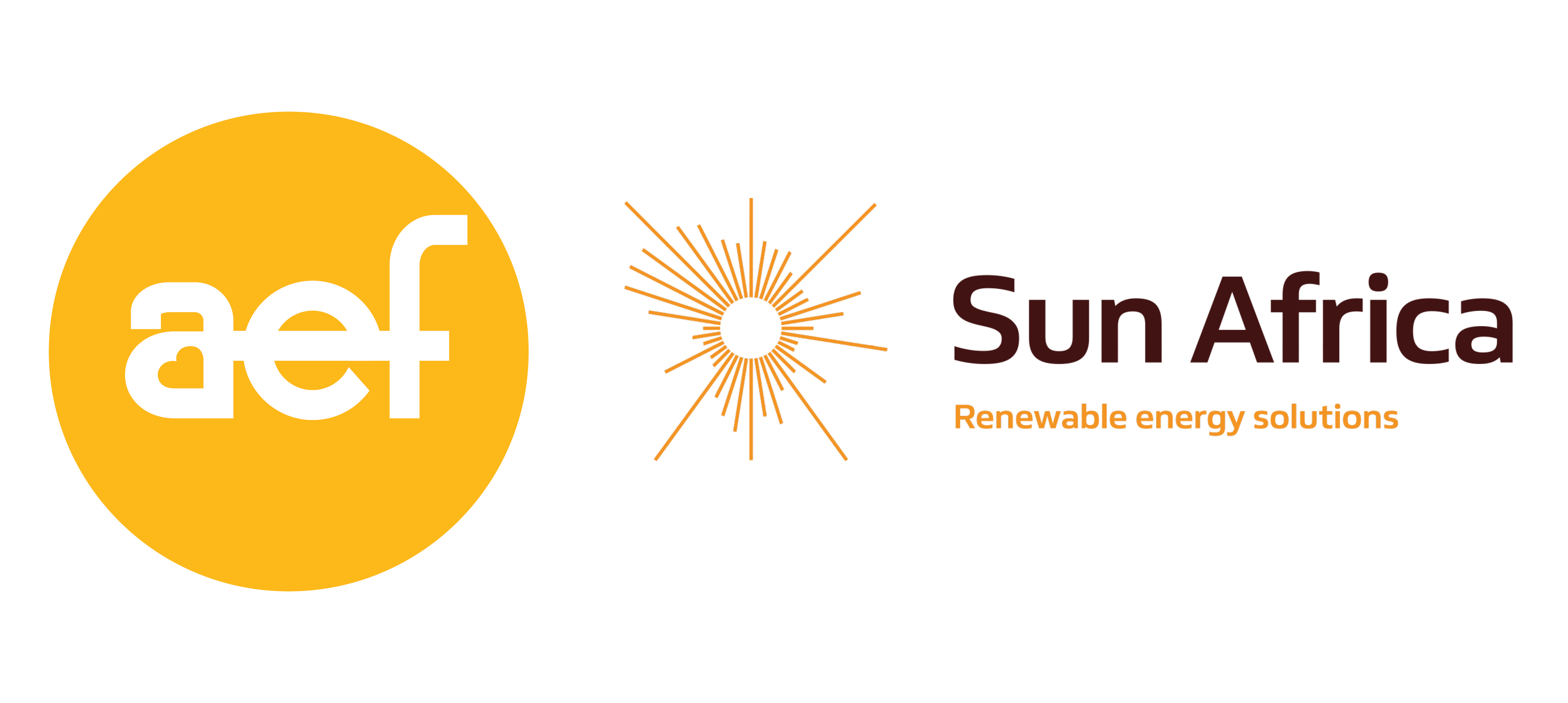Transmission takes centre stage in Nigeria’s Country Spotlight - Towards Nigeria’s Sustainable Energy Future
)
Nigeria, Africa's largest economy, is navigating a critical period in its energy development. During Day 2’s Country Spotlight session, key stakeholders, including Minister of Power H.E. Honourable Adebayo Adelabu, discussed the nation's path towards a sustainable energy future.
In his keynote presentation, the Minister highlighted recent legislation aimed at unlocking Nigeria's industrial potential and managing its energy value chain.
He emphasised the urgent need for transmission and grid infrastructure development, stressing the importance of collaboration with global partners and investors: “We are seeking to foster an enabling environment in Nigeria… our aim is to create a clear line of sight for investors where they can see how they can recoup their investments. We are streamlining policy processes and reducing bureaucratic red tape. Three of our 36 regions now have powers to shape their regulations.”
Currently, less than 10% of consumed power is grid-generated. In response, the government seeks to stabilise the sector, build investor trust, and stimulate investment in the national grid, as well as renewable energy projects which open up the prospect of building out a network of mini grids.
The panel, which included leaders from Niger Delta Power Holding Company, Transmission Company of Nigeria, and the Nigerian Electricity Regulatory Commission, addressed critical issues such as tariff policies and infrastructure development. The need to create a reliable baseload was also discussed, especially in the context of the country’s target for renewables to make up 30% of the energy mix by 2030.
AfDB's Wale Shonibare also offered insights into the multifaceted discussion, adding: “The solar market is already growing fast and has the most active private sector participation in Nigeria. We need to complete this work and get more liquidity into the market, and that requires ensuring tariffs are more competitive. Whether it’s regulators or state governments, a holistic approach with proper coordination is needed.”

